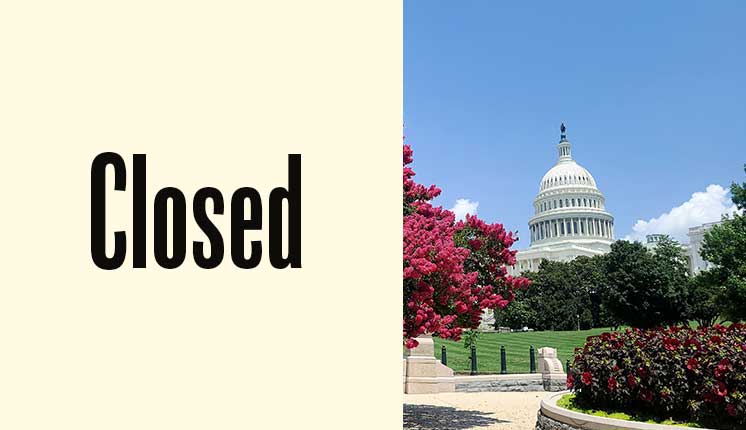
The federal government remains shut down with no agreement in sight. The Senate has yet to advance a stopgap funding bill. Without a significant change in stance from either party, and with no compromise on the horizon, the upper chamber is expected to continue voting on the same Continuing Resolutions. Thus far, despite repeated votes, there have been no meaningful negotiations, and discussions among individual senators have largely stalled.
The White House Office of Management and Budget (OMB) has circulated a draft memo questioning whether furloughed workers are legally entitled to backpay, challenging the long-standing interpretation of the 2019 Government Employee Fair Treatment Act signed in Trump’s first term. The memo claims the language of the law makes backpay conditional on the passage of appropriations bills to end the shutdown, a position that contradicts guidance issued by the Office of Personnel Management last month affirming that furloughed workers will receive retroactive pay.
As the shutdown continues, both the U.S. Department of Agriculture (USDA) and Department of the Interior (DOI) are operating under their contingency plans, maintaining only essential services and emergency functions. USDA has furloughed nearly half its workforce and has suspended most new Rural Development loans and grants; technical assistance; and long-term wildfire mitigation activities. Meanwhile, critical functions such as wildfire response; Section 521 Rental Assistance payments; and nutrition safety net programs are continuing. The Forest Service is prioritizing active wildfire and disaster response, law enforcement, and property protection. Preventive and cooperative forest management work is on hold. Within DOI, agencies including the Bureau of Land Management, Bureau of Reclamation, U.S. Fish and Wildlife Service, and National Park Service are maintaining life-safety and energy-related operations but have halted most permitting, grantmaking, visitor services, and non-critical conservation activities. These operational limits are expected to delay project timelines and intergovernmental coordination until funding is restored.
For more information, contact RCRC Senior Vice President of Government Affairs, Mary-Ann Warmerdam.
